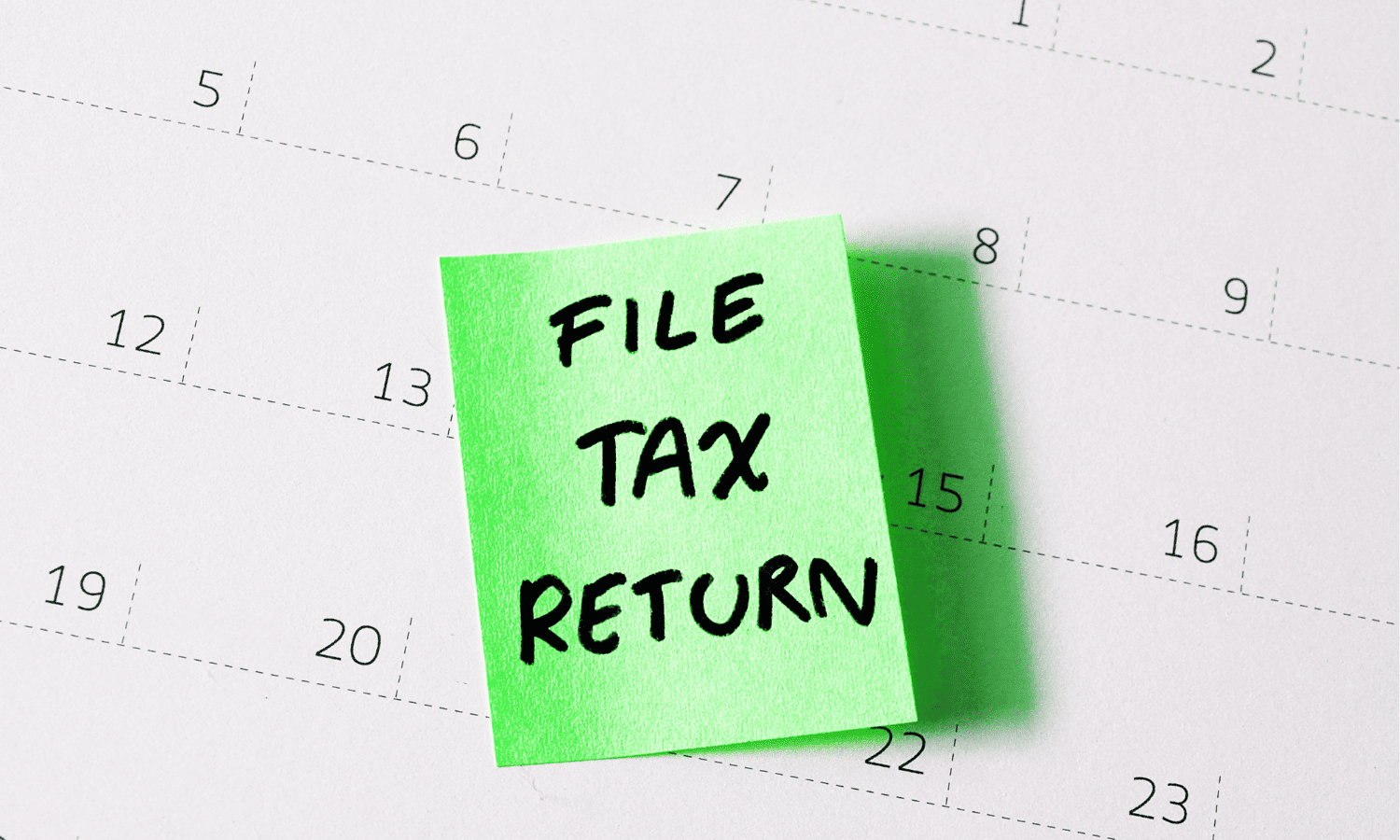Nottingham chartered accountants Clayton & Brewill give six good reasons to get your self-assessment tax return filed before the end of December.
31 January 2024 is the deadline for filing your self-assessment tax return, and for paying any tax that you owe. But, for anyone with a few hours to spare before the end of December, there are a number of good reasons why you should submit your tax return early.
1. Pay less tax
Unless you are super organised, a last minute tax return generally means you will pay more tax than you need to. Give yourself time to assemble details of anything you can deduct from your earnings as an expense, such as gift aid donations and pension contributions. Your accountant will also be able to talk through the available tax reliefs and make sure you are paying the right amount of tax.
2. Budget for the payment
Filing your tax return early doesn’t mean you have to pay it early. It does however mean you know what your liability will be and this can help with budgeting.
3. Spread the tax payment over the year
If you owe less than £3,000 and already pay tax through PAYE, you will be able to spread the cost interest-free through your salary if you submit your return online by the end of the year (you need to file your self-assessment tax return online by 30 December and not 31 January).
4. Get any repayment more quickly
If you’ve earned less than expected and are due a repayment, the sooner you file the tax return, the earlier you will get the repayment.
5. Escape the 31 January melt-down
Because the vast majority of people leave their tax returns to the last minute, the HMRC helplines tend to be pretty busy on deadline day. Give yourself time to get your documents together, check that you have your UTR (‘unique taxpayers reference’), and avoid any computer or broadband failures.
6. Minimise the risk of a £100 fine
Miss the 31 January deadline and HMRC will fine you £100, even if your tax liability is zero. And you need a pretty good excuse to avoid the fine. Click here to see which excuses did not work with HMRC’s tax inspectors!
Clayton & Brewill’s team can help you to prepare and file your tax return quickly and efficiently. It’ll cost less than you expect – and we might even be able to reduce your tax bill. Find out how we can help you.
Who must send a tax return?
You must send a Self Assessment tax return if, in the last tax year, you were self-employed as a ‘sole trader’ and earned more than £1,000 (before taking off anything you can claim tax relief on) and/or if you were a partner in a business partnership.
You will not usually need to send a return if your only income is from your wages or pension. But you may need to send one if you have any other untaxed income, such as:
- Money from renting out a property
- Tips and commission
- Income from savings, investments and dividends
- Foreign income
- Deadlines and penalties
As previously mentioned, the deadline for submitting your online tax return and paying your tax bill is 31 January 2024 for any tax you owe for the previous tax year (known as a balancing payment). There’s usually a second payment deadline of 31 July if you make advance payments towards your bill (known as ‘payments on account’).
If this is your first time completing a self-assessment tax return you will need to register. Click here to register for the self-assessment service and choose the form that fits your circumstances (employee, sole trader, partner, etc). You’ll also need to have your national insurance number handy.
What happens if you make a mistake on your tax return?
There is a system of penalties for mistakes on your tax return. What you’re charged with will depend on whether HMRC thinks you have just been careless, or have purposely tried to lie about how much you earn.
Penalties are based on the amount of tax you owe and are payable in addition to the tax owed.
If you have taken reasonable care to fill in your return correctly, you’ll have no penalty to pay, but if you have made an inadvertent error, the penalty will be between 0% and 30% of the extra tax owing.
However, if you have deliberately underestimated your tax, the penalty is between 20% and 70%. Moreover, if you have deliberately underestimated your tax and attempted to conceal the fact, the penalty will be between 30% and 100%.
Importance of paying on time
The later you pay your tax return, the greater the potential fine, so it’s always in your best interests to make sure you meet the deadline and get everything right.
Filing a tax return can be a stressful experience, and that’s why we are here to help. The Clayton & Brewill team can help you to prepare and file your tax return quickly and efficiently. We might even be able to reduce your tax bill.





